’13 Reasons Why’ sparks conversation throughout Archer community
Since coming back from Spring Break, Archer girls have huddled between aisles of books in the library with headphones in and shocked expressions on their faces, binge-watching the new Netflix original show “13 Reasons Why.”
“13 Reasons Why,” based on the book by Jay Asher and developed by Brian Yorkey, tells the story of Hannah Baker, a teenage girl who is bullied in high school and eventually commits suicide. Baker records 13 tapes before she kills herself, and each one is directed towards a peer. The tapes explain what her peers did that contributed to her depression. The show follows her friend Clay Jensen’s reactions as he listens to the tapes. The series is 13 episodes: one for each tape.
“13 Reasons Why” is raw, heavy and intense. It has sparked emotion and inspired conversation throughout the Archer community about suicide and bullying.
“These issues [brought up in ’13 Reasons Why’] are extremely important and should be talked about,” sophomore Stella Smyth, co-president of the Mental Health Club, said. “The lack of conversation that surrounds these topics creates a society that rejects people who have experienced things similar to what the characters had experienced in the show.”
For this reason, Smyth hosted a club meeting solely to discuss the issues of suicide and bullying brought up in the show. Listen to the audio clip to hear why Smyth believes it is important to talk about “13 Reasons Why.”
At the meeting, Archer girls voiced their opinions and concerns about the series.
“[’13 Reasons Why’] does a great job creating conversation about topics that are rarely talked about like suicide, rape, etcetera,” Smyth said. “I believe that the show was successful in spreading awareness of these topics, but it also promotes suicide as an option when one is going through an extremely difficult time, which can be dangerous.”
For these reasons, Patty Lancaster, Archer’s counselor, urged the Mental Health club to dedicate a meeting to discussing the show, and more specifically the unrealistic and problematic aspects of it.
Lancaster believes that the show creates a “Hollywood version [of suicide that] dramatizes and glamorizes.” She shared one suicide awareness group’s ‘13 Reason Why’ Talking Points to help counteract some of the unrealistic depictions of bullying and suicide in the show.
These points include that “13 Reasons Why” is a “fictional story,” “talking openly and honestly about emotional distress and suicide is okay,” and “while not everyone will know what to say or have a helpful reaction, there are people who do, so keep trying to find someone who will help you.”
Lancaster wants the community to know that that suicide and bullying should be addressed “separately.”
“Bullying happens, and it’s important to find ways not to engage in it… and [it is also important] to say to each other ‘hey that’s not; cool that’s really hurting someone’s feelings’” she said. “[In regards to suicide,] I think everyone really needs to understand that when someone is really in pain, they need to get help right away, and that in teenagers it can happen so fast that you can’t afford to wait. People really need to get help. It’s very serious.”
One way to get help is finding resources online that provide support. Teen Line, a confidential hotline where teenagers call other teens to talk about an issue in their personal life that they are struggling with, is one of the options where a suicidal person could find help. In response to the show, they recently wrote a page filled with resources and tips on how to lead healthy and meaningful discussions about it.
Junior Lily Horton and Smyth both volunteer for Teen Line. The calls they answer vary from conversations focusing on relationship problems to self harm and suicide. The teenagers are trained to be active listeners for all callers, no matter what is going on in their lives.
Horton learned from her training that it is critical to always be thoughtful and sensitive in your words and actions. She said that the show “taught a valuable lesson about how you don’t know what is going on in someone’s head and life,” and this coincided with what she learned in training.
To Horton, the most important thing is kindness.
“You should always be kind to the people you are surrounded by because you have no idea what they are going through or what’s happened to them,” she said.
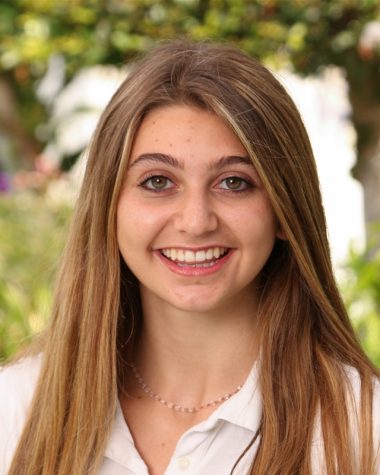
Sara Weitz has been going to Archer since the sixth grade and joined the Oracle in 2016. She has run on the Archer cross country team for six years and...





![Freshman Milan Earl and sophomore Lucy Kaplan sit with their grandparents at Archer’s annual Grandparents and Special Friends Day Friday, March 15. The event took place over three 75-minute sessions. “[I hope my grandparents] gain an understanding about what I do, Kaplan said, because I know they ask a lot of questions and can sort of see what I do in school and what the experience is like to be here.](https://archeroracle.org/wp-content/uploads/2024/03/grandparents-day-option-2-1200x800.jpg)













































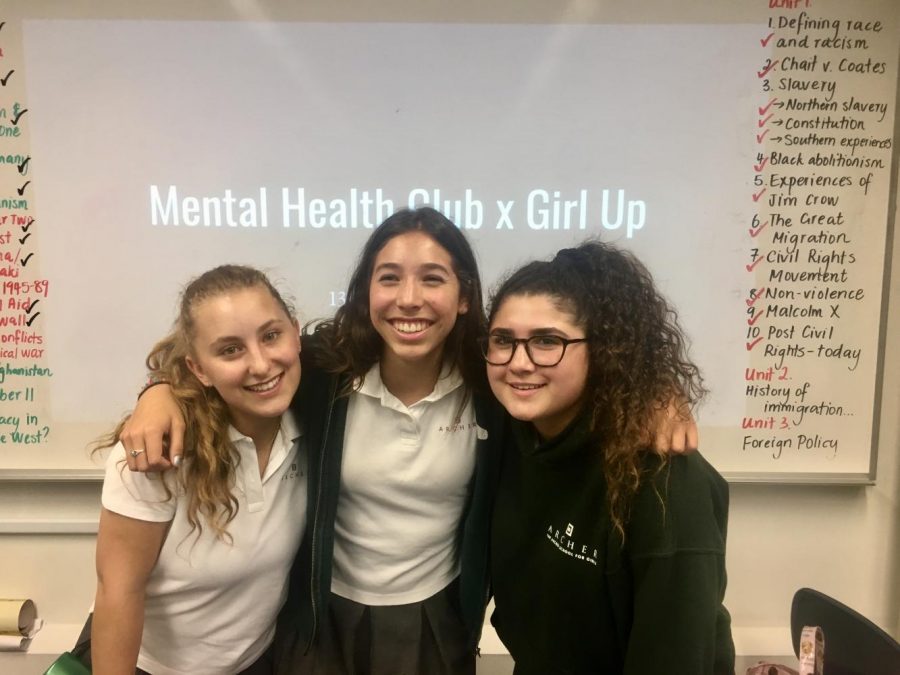

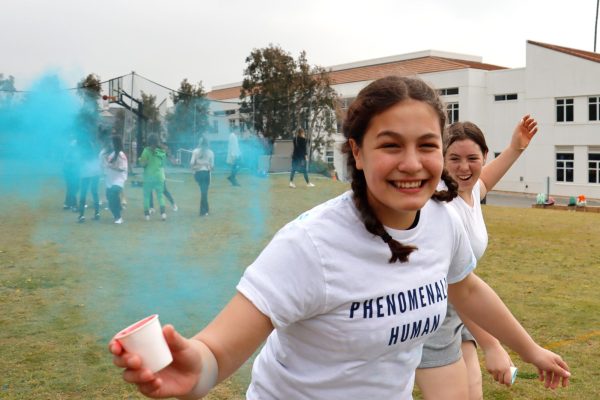
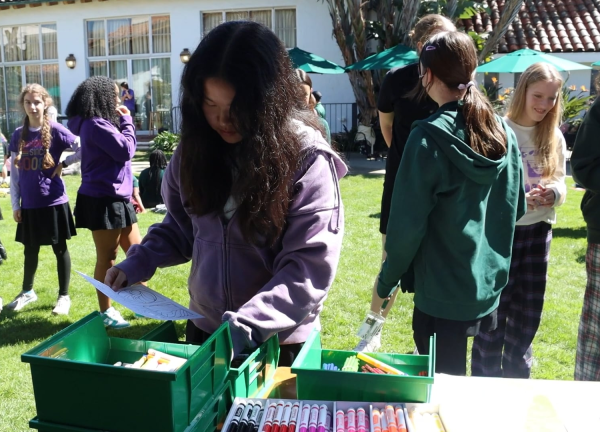
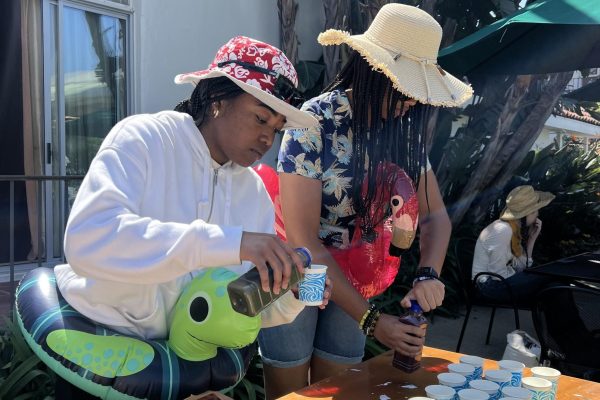
![Freshman Milan Earl and sophomore Lucy Kaplan sit with their grandparents at Archer’s annual Grandparents and Special Friends Day Friday, March 15. The event took place over three 75-minute sessions. “[I hope my grandparents] gain an understanding about what I do, Kaplan said, because I know they ask a lot of questions and can sort of see what I do in school and what the experience is like to be here.](https://archeroracle.org/wp-content/uploads/2024/03/grandparents-day-option-2-600x400.jpg)
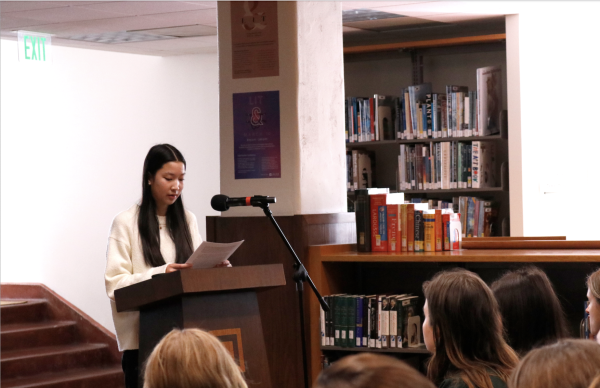
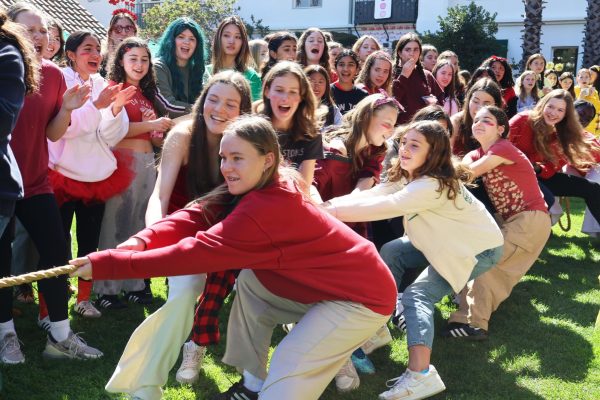
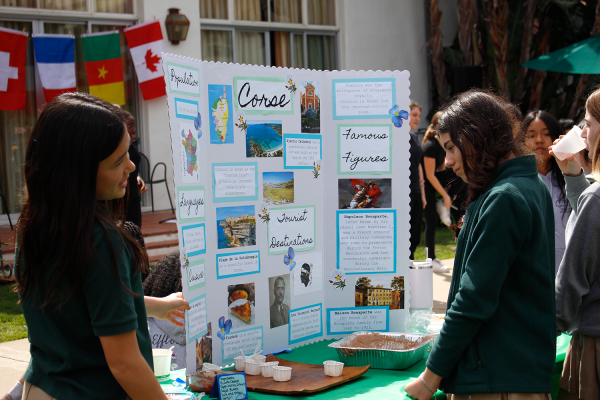

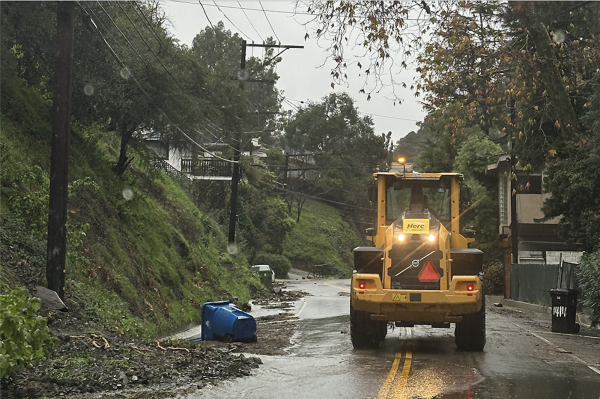
Alison Hirshan • May 11, 2017 at 11:59 am
Thank you for this article! After watching this show I was trying to find ways I could incorporate and bring awareness of these issues into my HD class. I’m glad to hear you were able to talk about your thoughts and opinions in a safe space with your peers.
Kristin Taylor • May 6, 2017 at 10:52 am
I just read an article about a group of students who are doing a “13 Reasons Why Not” at their school; what a great idea! Maybe something the Mental Health Club might want to do for the next 13 days of school?
http://www.theoaklandpress.com/general-news/20170504/oxford-high-school-students-begin-project-called-13-reasons-why-not
Alexandra Chang • May 5, 2017 at 6:37 pm
This is such an amazing article. Thank you for shedding light on this topic! Great work 🙂